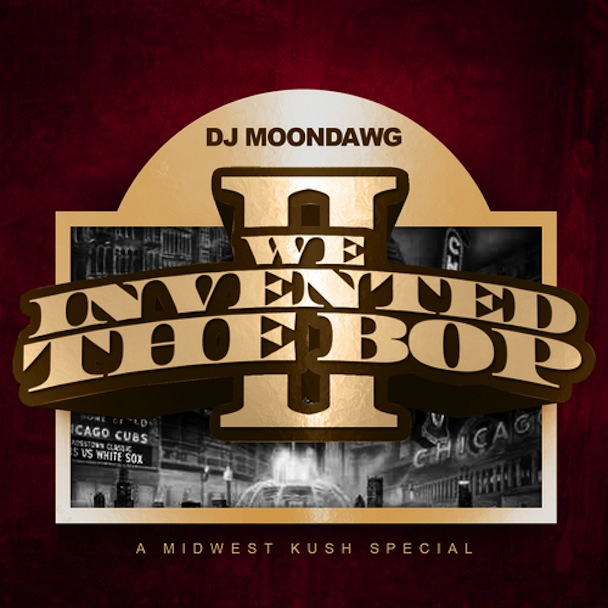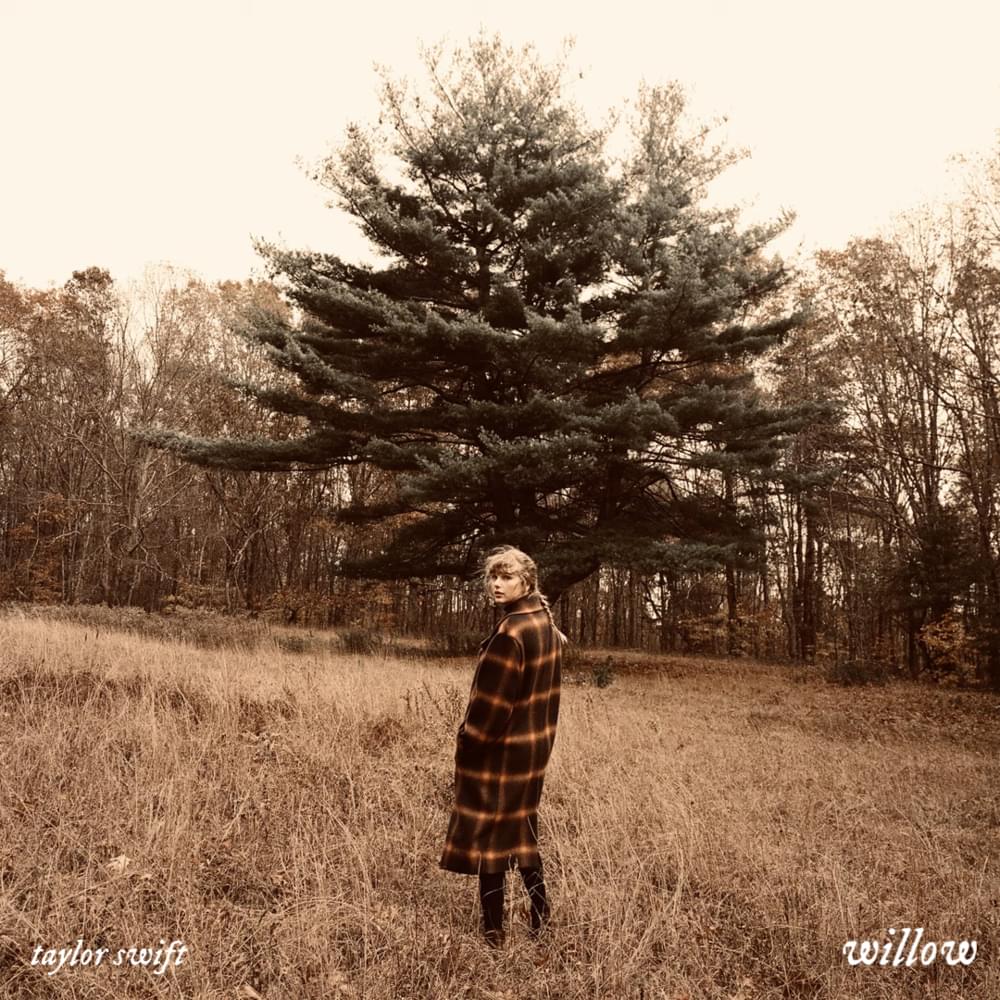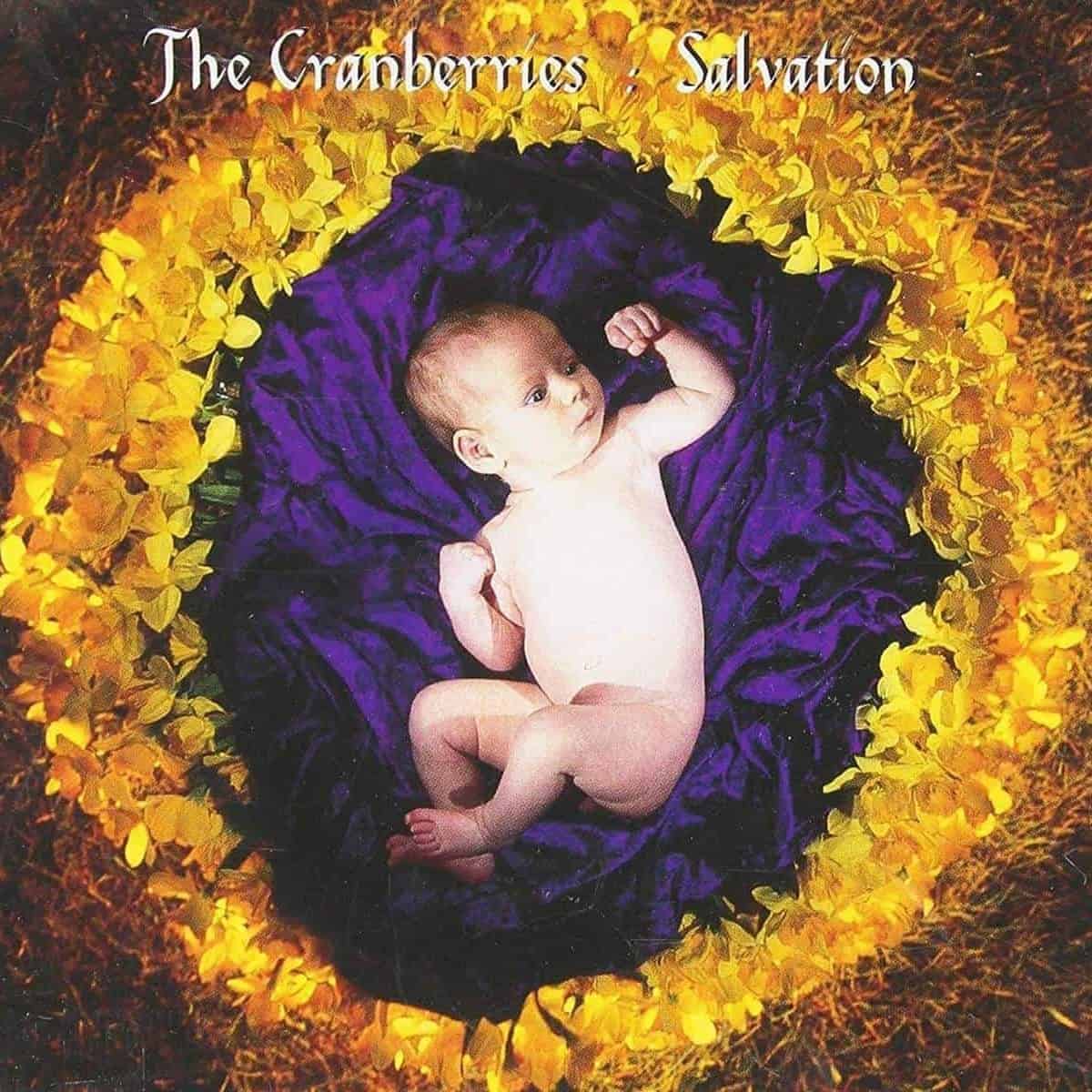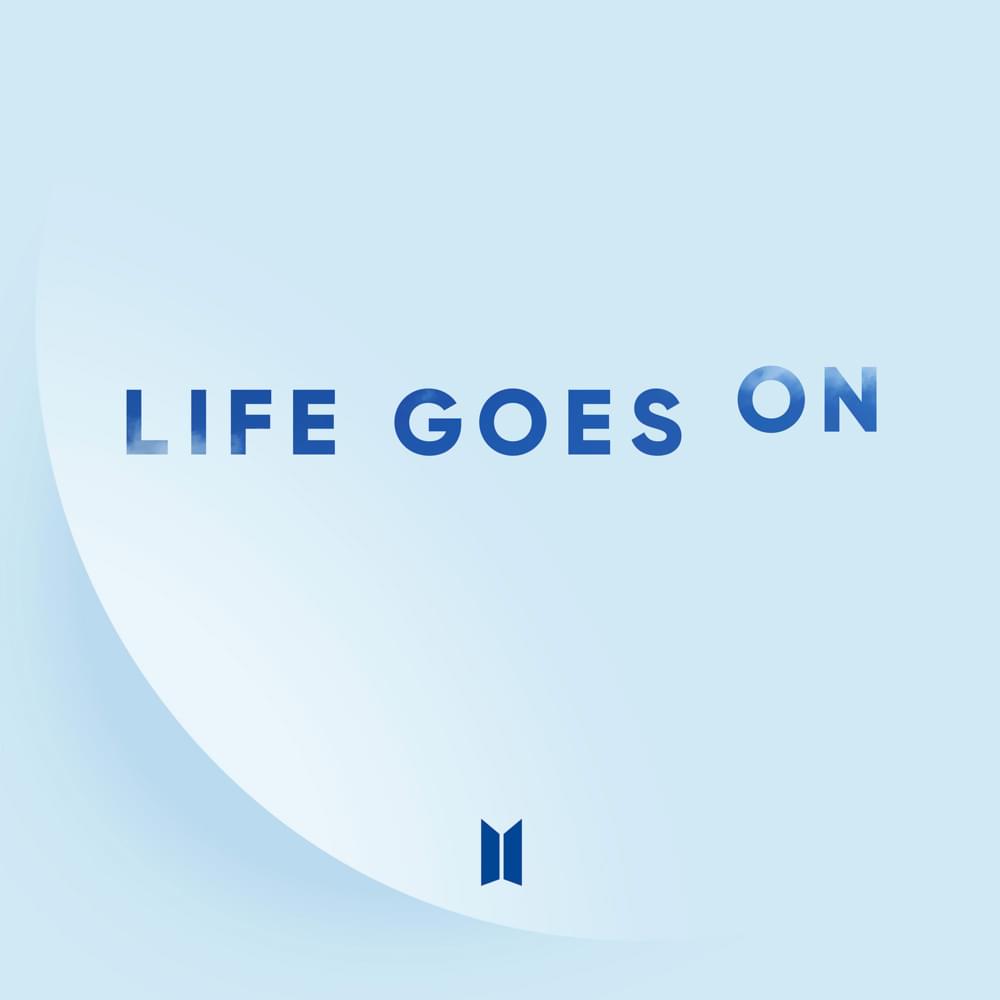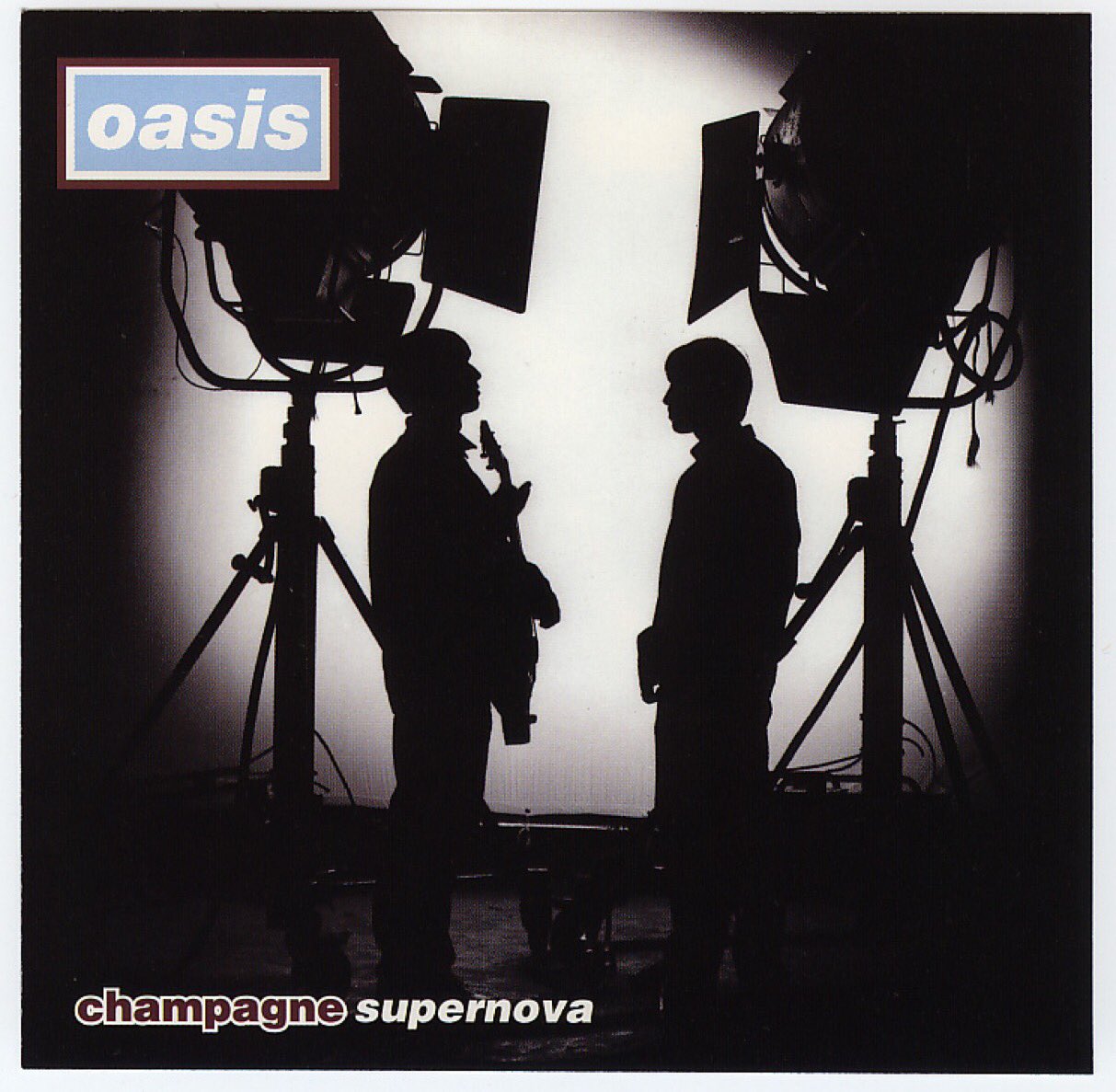There are moments where I feel like bop, the fast-growing Chicago dance-rap subgenre, was invented entirely to irritate and frighten and confuse aging rap fans, to force upon them the realization that their edge has been lost for a long time. Bop might be best understood as the sunny, starry-eyed flipside to the cold, hard, violent drill music that's been dominating Chicago's underground for the past few years. Bop is built on the clustered, jittery beats of Chicago juke and footwork, but it's not pure dance music. Instead, those beats fuel a small army of young sing-rappers who slather so much Auto-Tune all over their voices that they barely sound human. Plenty of drill rappers do that, too, and there's at least one guy on DJ MoonDawg's new genre-survey mixtape We Invented The Bop 2 who sounds almost exactly like Chief Keef in his blunted-melodic "Love Sosa" zone. (That would be SBE, who gets two solo showcases on the tape.) And as with the drill rappers, there's lots of talk about these guys' guns and gang affiliations. But the feeling of the music is completely different. Bop tracks are big, colorful, squelchy, melted-together tracks, and they're celebratory, not hard. It's maybe the least tough form of teenager-driven underground rap music I've ever heard. I'm not sure if I understand or even like this stuff, but it fascinates me.
I like to think about bop music as Chicago's dance-music history coming back around and eating itself. Think about this: In the early-'80s, a few disco-veteran DJs -- Frankie Knuckles chief among them -- explored the intersection between disco and funk and electro and weird European synth music, and the music they made, house music, became an underground sensation in Chicago first and then around the world. For years, house music in Chicago was underground black dance music, and it occupied a cultural space not too different from go-go in D.C. or rap in New York. When rap came to Chicago, it fused with rap in different, subtle ways. Twista has said that Chicago rappers like him and Crucial Conflict and Do Or Die rapped so quickly because they learned how to rap over house beats, and house beats were fast. That quick-tongue style essentially became the sound of Midwestern rap for a generation or two, and you can still hear it in Tech N9ne or whoever. And house music didn't just change rap in Chicago; it changed itself, evolving over the years into juke and footwork. Within its own local echo-chamber, the music became so dense and weird and off that footwork producers like the late DJ Rashad have, in recent years, blown the minds of European avant-electronic types, even though I don't think they were trying to be weird. But while it was causing all these ripples locally, house music also spread across Europe and branched out in a million different directions, eventually leading the way to the EDM-industrial complex we're dealing with today. That stuff eventually took over American pop radio, mutated to the point where they're no longer the recognizable spawn of Chicago house music. And now these Chicago kids are bringing all these weird and different strands together, fusing Chicago rap and footwork with only the cheesiest strands of festival trance and coming up with this wholly new mutant strain of Chicago music. Pretty neat!
There's other stuff going on here, too. T-Pain, who was Auto-Tune crooning over re-purposed Euro-trance and getting rap-radio love for it half a decade ago, is a formative influence. So is Soulja Boy, who somehow turned underground teenage dance-rap into straight-up pop. Future and his Auto-Tuned Atlanta swag-rap offspring loom large, too. I get the idea that some of these kids would rap like the Migos if they could. But bop has its own ecosystem, and over the past year or two, it's become its own thing entirely. Synths weightlessly ripple and robo-gurgles pile in top of each other and drums spatter out in counterintuitive patters, and the whole thing sounds so wrong and so ugly and so tinny and so energetic and so unlike anything else.
What strikes me about this music is that it's entirely organic, created by kids in frozen dangerous ghettos whose internet access has done fascinating things to their listening ears. When music-business professionals attempt to fuse some of those same influences, you wind up with the shitty boom-boom-boom party-rap that you hear on the soundtracks of Fast & Furious knockoffs. But left to their own devices, these kids have come up with something messy and gluey and singular. There's a decent chance that this stuff will became enormously popular globally; Norwegian pop-production titans Stargate have reportedly signed bop scene standouts Sicko Mobb to a deal, so they must be banking on it. The sound is probably more likely to disappear without a trace within the next year. At this point, its entire reason for existence is dancing, and the frantic that dances that have evolved with the genre are the stuff of YouTube deep-dives. And "making something for kids to dance to" is one of the purest, most important reasons for anyone, anywhere, to make music. It's an impulse that's led to more pop-music artistic breakthroughs than anything else.
DJ Moondawg has been doing things with this sound since it first became a sound, and his first We Invented The Bop tape traced the genre's origins. His new tape surveys a scene that's completely come into itself. It's a mixed bag, of course, as it must be. And if it's one of your first exposures to the genre, it's a lot to wrap your head around. Some of it is just out-and-out bad, too; a song like the ThotKingz' "All The Thots" will make you long for the lyrical sophistication of, say, Fredo Santana. But there are hooks here, too, and a song like Stunt Taylor's "Flee Amigo" has some of the same mesmeric power as the best drill anthems. My favorite track on the tape is the one that pushes bop the closest to straight-up pop music. That would be Yemi Marie's heartstruck "Love Bop," which she sings with no robotic voice-slathering and no intentionally messy multitracked vocal overkill. It's a simple, breezy song that reminds me of late-'80s Latin freestyle more than anything else, and it's easy to imagine it moving kids far beyond Chicago's city limits. If we get a few more songs like that, bop could become a populist phenomenon rather than a regional curio. For now, though, it's a pretty great regional curio.
Download We Invented The Bop 2 here.
[videoembed size="full_width" alignment="center"][/videoembed]
[videoembed size="full_width" alignment="center"][/videoembed]
